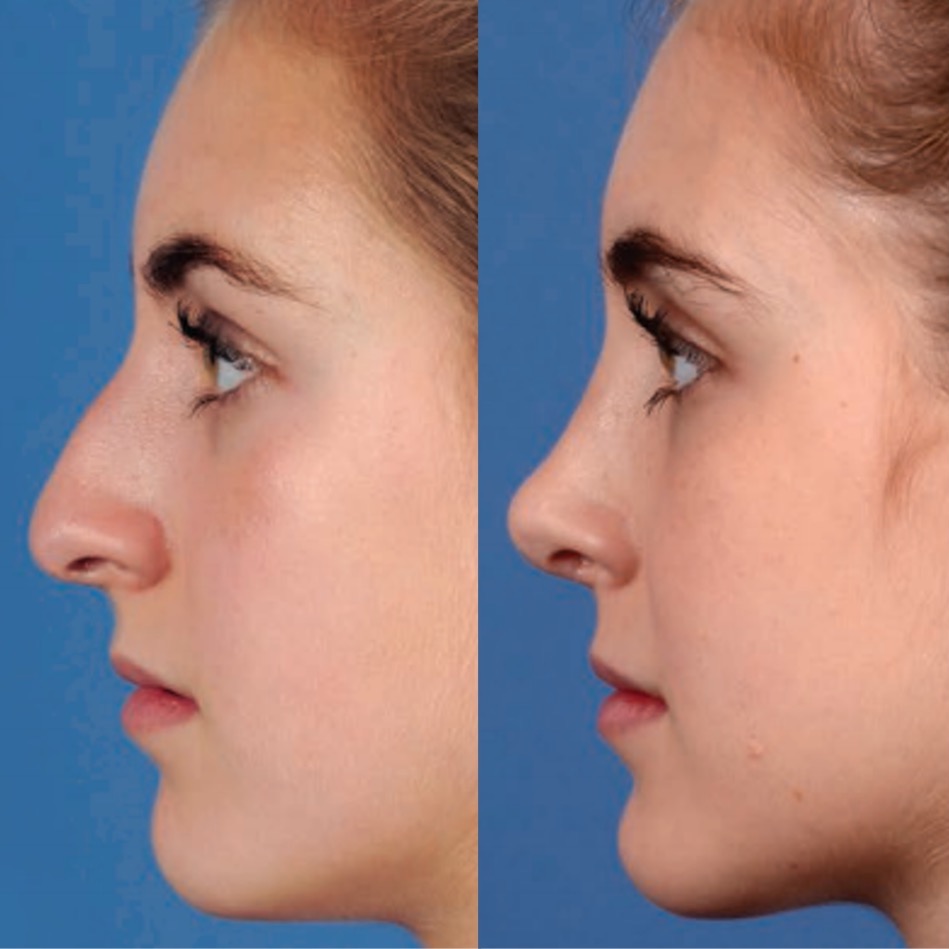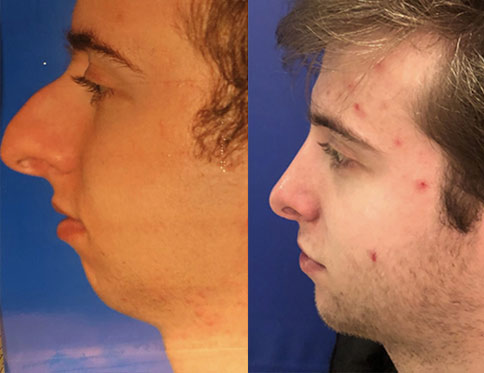Mommy Makeover Rancho Cucamonga: Reclaim Your Pre-Baby Body with Tailored Procedures
The Effect of Self-Image on Decision-Making: Reasons Lots Of Individuals Go After Plastic Surgery for Physical Transformation
The interaction between self-image and decision-making is a complicated sensation, especially noticeable in the enhancing fad of individuals selecting plastic surgery as a way of physical transformation. Inspired by a need to meet individual perfects and societal expectations, several individuals come to grips with problems of self-worth that can considerably affect their selections. As external pressures from social standards and social media magnify feelings of insufficiency, a critical concern emerges: what are the underlying psychological elements that drive this quest of modified looks, and what implications do these decisions hold for individuality and wellness?
Recognizing Self-Image
Self-image refers to the mental image and perception a private holds about themselves, encompassing aspects such as physical appearance, characteristic, and general self-worth - mommy makeover rancho cucamonga. This internal representation considerably influences exactly how individuals communicate with the world and can be a driving force behind various life choices, including the choice to undertake plastic surgery
A positive self-image often associates with greater self-worth and a feeling of confidence, fostering a proactive approach to life. Conversely, an adverse self-image might cause feelings of inadequacy and dissatisfaction, motivating people to seek external solutions to regarded problems. This mission for improvement can show up in the need for physical change through cosmetic treatments.
Additionally, cultural impacts and societal criteria play a pivotal duty fit self-image. The pervasive nature of media and peer contrasts can enhance feelings of instability, motivating people to alter their look in quest of approval or authorization. Understanding these characteristics is vital in comprehending the inspirations behind cosmetic surgery. Inevitably, self-image is a complicated construct that links with psychological well-being, social expectations, and individual aspirations, making it a critical aspect in the decision-making process pertaining to cosmetic improvements.
Mental Factors at Play
Various emotional factors influence a person's choice to pursue plastic surgery, often rooted in deeper cognitive and psychological procedures. One significant element is reduced self-esteem, which may develop from adverse self-perceptions or dissatisfaction with one's appearance. Individuals with reduced self-regard may think that modifying their physical functions will enhance their general worth and approval in social contexts.
In addition, the concept of body dysmorphic disorder (BDD) plays an important function. People experiencing BDD experience a compulsive emphasis on regarded imperfections in their look, leading them to look for medical treatment as a remedy. This uncontrollable need for makeover can significantly distort their self-image, driving them to pursue treatments regardless of the possibility for damaging end results.

Societal Pressures and Expectations
A substantial navigate to these guys impact on individuals' choices to undertake plastic surgery stems from social pressures and expectations that infuse contemporary society. In an age dominated by social media sites and continuous visual direct exposure, idealized criteria of charm are frequently showcased, developing a pervasive setting where physical appearance is extremely scrutinized. Such criteria typically dictate what is thought about attractive, leading people to feel forced to comply with these perfects.
Additionally, the normalization of cosmetic improvements in pop culture even more worsens these stress - mommy makeover rancho cucamonga. Celebs and influencers freely reviewing their medical treatments can develop an understanding that such changes are not just appropriate but preferable. This phenomenon can create over at this website sensations of inadequacy in people that may feel their natural appearance does not align with social criteria
Additionally, the influence of colleagues can not be overlooked. People may run into indirect or straight stress from buddies or family, causing a public recognition of cosmetic surgery as an acceptable ways to attain an idyllic self-image. Consequently, these societal assumptions can significantly impact personal decision-making processes, commonly outweighing inherent inspirations for self-improvement and fostering a culture where physical transformation is pursued as a remedy for viewed drawbacks.

Study and Individual Stories
Numerous individuals have shared their individual journeys relating to cosmetic surgical procedure, disclosing a complex interplay in between self-perception and social impacts (mommy makeover rancho cucamonga). She recognized that her choice was greatly affected by media representations of elegance.
In a similar way, a male person in his late twenties stated his fight with body dysmorphic problem, which motivated him to seek liposuction surgery. His experience highlighted not just a need for physical makeover but also an aspiration for acceptance amongst peers. Post-surgery, he shared a restored feeling of self-regard, albeit official site with the awareness that interior validation ought to precede external adjustments.
These study highlight a wider trend: people often view plastic surgery as a path to boosted self-image. Nevertheless, the narratives also disclose an essential viewpoint on the stress and expectations that shape these decisions, suggesting that individual tales are deeply intertwined with societal standards and worths.
Alternatives to Cosmetic Surgical Treatment

Skincare therapies, including chemical peels and microdermabrasion, can boost skin texture and tone, attending to concerns like acne scars or irregular pigmentation. Furthermore, laser treatment is an efficient approach for targeting specific skin problems, such as sunlight damage or vascular lesions, advertising an extra youthful look.
For those looking for body transformation, non-invasive fat reduction strategies like CoolSculpting can help eliminate persistent fat down payments without surgery. Physical fitness programs and dietary therapy are also important tools for people intending to achieve a healthier body picture. Inevitably, these choices can provide considerable outcomes while straightening with individual comfort levels and preferences, promoting a positive self-image without the durability of plastic surgery.
Verdict
In conclusion, the pursuit of cosmetic surgical treatment is commonly driven by intricate interactions between self-image, mental aspects, and social stress. People often look for physical makeover in an effort to enhance self-esteem and align with perceived standards of charm. This sensation emphasizes the demand for better recognition of the underlying inspirations and prospective repercussions connected with such decisions. By exploring alternatives and fostering a healthier self-image, people might discover much more sustainable pathways to self-acceptance and health.
The interaction between self-image and decision-making is a complex sensation, especially apparent in the increasing fad of individuals opting for cosmetic surgical procedure as a way of physical transformation.Countless mental elements affect a person's decision to go after cosmetic surgery, often rooted in much deeper cognitive and psychological processes.A significant influence on people' decisions to undergo cosmetic surgical procedure stems from societal stress and expectations that suffuse contemporary society. People may run into indirect or straight pressure from close friends or household, leading to a public validation of cosmetic surgical procedure as an acceptable methods to attain an idealized self-image.Numerous people have shared their individual journeys relating to cosmetic surgery, revealing a complicated interplay between self-perception and social impacts.